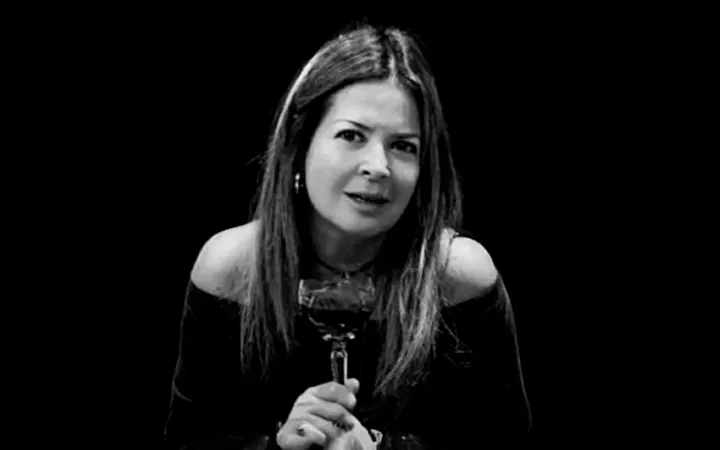Por Leticia González Montes de Oca
Soledad: una amante inoportuna, según Sabina; la que a veces se interpone entre dos, canta Serrat. Circunstancia o sentimiento que a unos espanta y a otros encanta: pesar o placer, vacío o plenitud, castigo o privilegio, tristeza o felicidad; a veces lo primero, a veces lo segundo, dependiendo de si llega sola o es deseada, cuestión de voluntad, de momento de vida, de personalidad. Fácilmente puede pasar de disfrutarse a padecerse -y al revés-; de ser un regalo a una condena -y al revés-, y darnos paz en un momento para, al siguiente, llenarnos de ausencia.
Soledad González Dávila, “Cholita”, es el nombre de una mujer revolucionaria, en el amplio sentido de la palabra, que participó activamente en la historia de México, de Madero a Calles, hasta que a sus 58 años se la llevó el cáncer.
Soledad Durazo, Sole, es la amable y reconocida periodista sonorense que me habla sobre Opinión51, este espacio de letras que plasma la vida actual desde la necesaria voz de la mujer: cerebro pasado por corazón; sentir más allá de saber, y saber matizado por el sentir.
Soledad se llama también un templo enclavado en el barrio bravo de La Merced que resguarda a la Virgen llorosa de manto negro, enlutada por su hijo, con una explanada grande por atrio, hace no mucho ocupada por migrantes que ahora han sido reubicados unos metros más allá.
Detrás del templo y el campamento hay un mercado callejero con locales de herrería y toldos de hule amarillos, donde se vende de todo; la piratería en pleno. Escondida entre los puestos está la calle Corregidora, y en el número 115, un edificio ruinoso con un oscuro pasillo y unas escaleras de peldaños rotos que llevan a un refugio destinado al apoyo de trabajadoras sexuales, a donde cierto profesor universitario de mi hija organizó una visita de investigación de campo, ampliación de perspectivas, y dosis de realidad. Pueden traer a quien quieran, dijo, y hasta allá fuimos las tres generaciones con nuestros 80, 55 y 20 años a encontrarnos con ella -la realidad-, y con ellas -las mujeres-.
No, no eran una parodia de voluptuosidad y maquillajes, ni las señoras de abrigo y cigarro que vi bajo los faroles alguna vez, a mis trece años, saliendo de un concierto de Timbiriche en el Teatro de la Ciudad. Eran mujeres comunes, con huaraches en vez de tacones, camisetas con estampados de alguna princesa infantil o de Hello Kitty, nada de encajes, brillos o escotes. En sus caras lavadas, eso sí, un par de ojos tristes y algunos dientes disparejos. Adultas mayores y jovencitas, de lo más cálidas y hospitalarias, casi se diría que en un segundo nos habíamos tomado confianza; casi casi se diría que hasta cariño.
Una locación almodovariana con muros abigarrados, cada uno de un color distinto: una imagen del Subcomandante Marcos en primer plano, fotos de rostros de quienes les han tendido una mano; figuras de santos y estampitas; posters lúdicos que promueven la educación sexual. Muñecas de cerámica vestidas de odaliscas. Vasos de agua para limpiar la energía; un metro que les dice lo rápido que están creciendo sus niños; las tablas de multiplicar. Un escritorio haciendo de dispensario médico repleto de carpetas con expedientes clasificados según su etiqueta garabateada a mano: ABORTOS, VIH, ADICCIONES, PSICOLÓGICOS.
Suscríbete para leer la columna completa…

